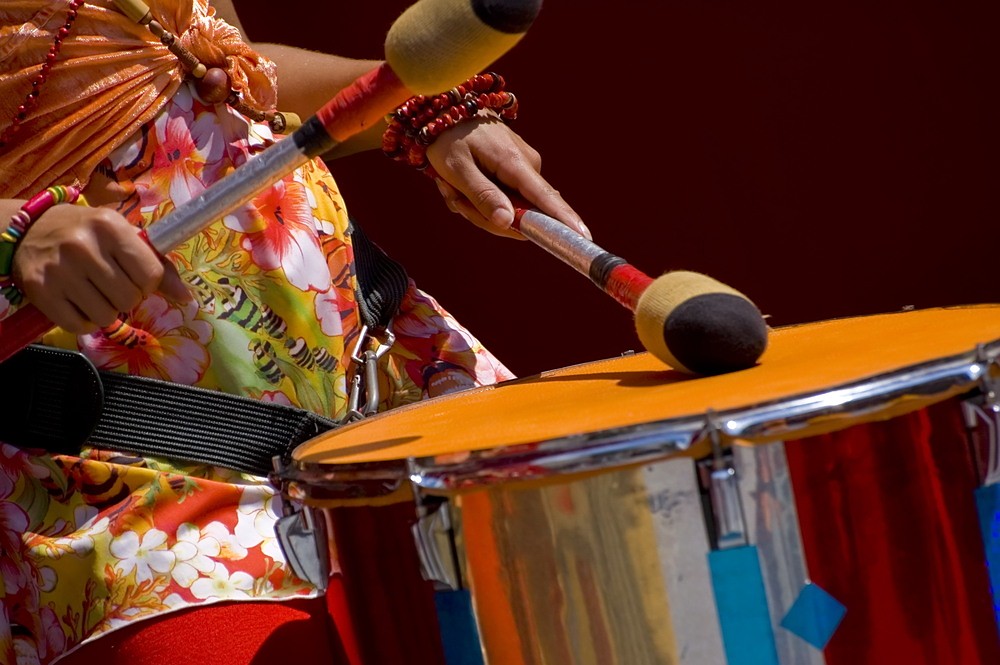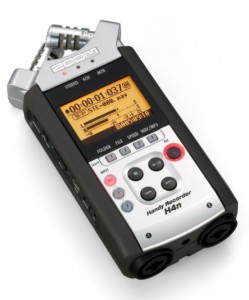
–The Musician’s Way, p. 296
As lessons or performances approach, many music students ramp up their practice time; then, afterward, they ease off.
I think that’s backwards.
We learn the most from assimilating new concepts and correcting faults.
So, by promptly applying in practice the feedback we receive from teachers and performance experiences, we maximize our artistic growth and ensure that we won’t forget key insights.
Here are 4 suggestions to optimize post-lesson and post-concert practice sessions.
“The most important practice session of the week isn’t the one right before your lesson; it’s the one right after.”
4 Ways to Optimize Post-Lesson & Post-Concert Practice
1. Record & Take Notes
Soon after a lesson or on the day following a performance, listen to your personal recording and jot down issues needing improvement or reinforcement.
Recommended Recorders: Audio: Zoom H4n; Video & Audio: Zoom Q4n
To organize post-concert thoughts, you might write the title of a composition at the top of a page and then jot down bullets such as these:
• Page 1 – more time between phrases
• Measures 12-13 – clearer 16th notes
• Line 4 – bigger crescendo
For post-lesson notes, you might organize them by date – put the lesson date at the top of a page and list your thought beneath the dated heading.
2. Draft a Practice Plan
With your goals documented, plot a deliberate practice schedule. Maybe write down your plan or use the free practice logs available on the Downloads page at MusiciansWay.com.
If you have a large number of items to work on, be mindful to pace yourself and pause frequently for practice breaks. Also employ varied, distributed, and interleaved practice strategies.
A well-paced practice plan will fuel your learning power and help prevent overuse injury.
3. Zero-In On Problems
With your practice notes on your music stand, tackle problems individually as opposed to running through lengthy spans of music.
In that way, you overcome one difficulty after another, fueling your motivation in the process.
For a comprehensive approach to surmounting trouble spots, see pages 54-70 of The Musician’s Way.
4. Enlist Peers
Just as you might ask friends to critique an essay you’re writing, you can bolster your musicianship by discussing your practice goals with fellow musicians and sharing your practice experiments with them.
For instance, after practicing for a few days, you could tell a friend what you’ve been up to, play or sing some excerpts, and request comments. You might even organize a performance-development group.
In so doing, you’ll benefit from another’s opinion and also deepen your artistic community.
Related posts
Glorious details
Optimizing practice time
The power of specific goals
Self-evaluation: The key to artful practice
Solving problems in practice
© 2011 Gerald Klickstein
Photo licensed from Shutterstock



Great article! I am forever reminding my students that by playing through everything covered in their lesson, reading through my notes and planning their practice sessions for the week they can actually lessen the practice time required to meet their targets for the week. I also encourage even my older students to play different practice games for various purposes such as learning new pieces or pressuring games before a performance. I like the sharing over video chat idea, I will be suggesting this to my students. Thanks!